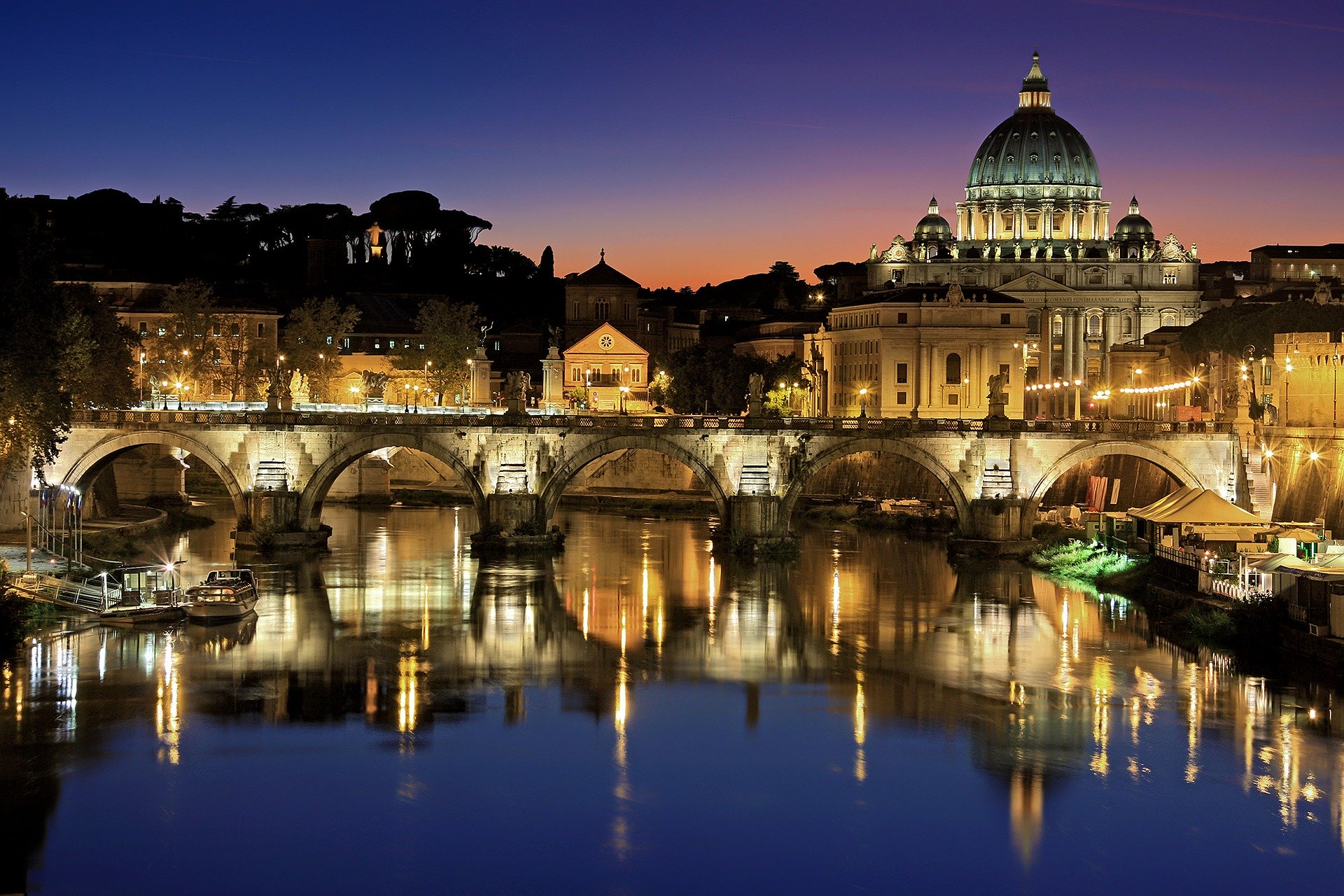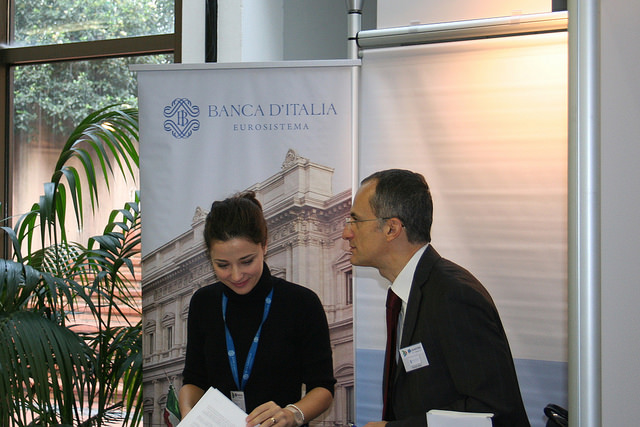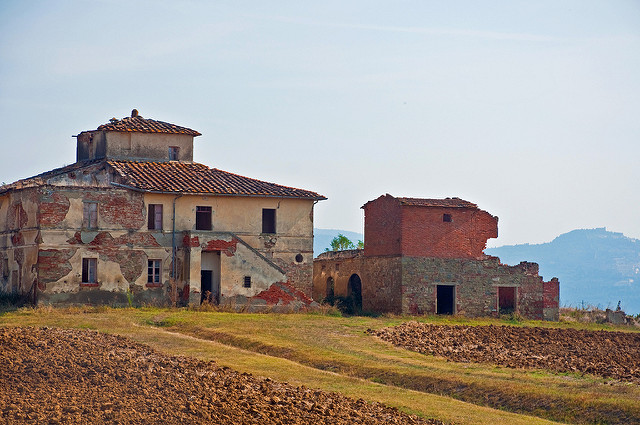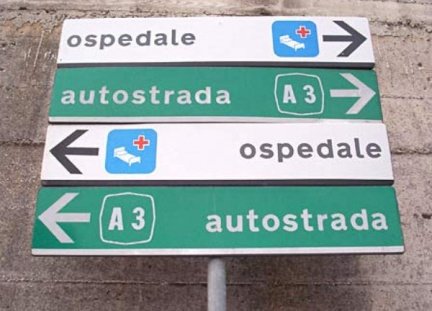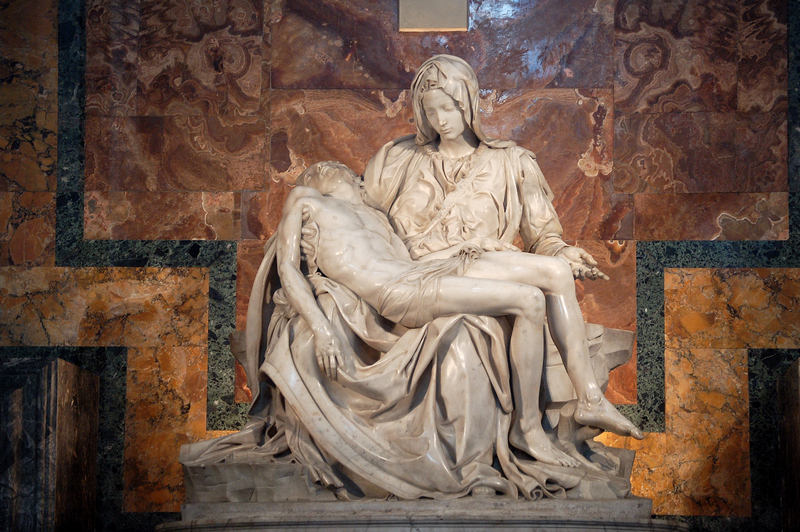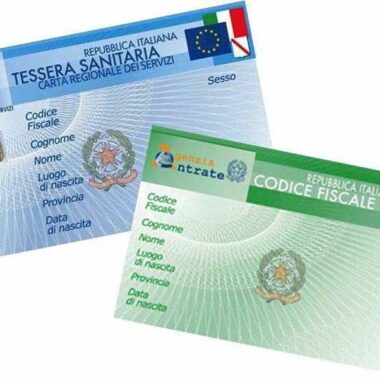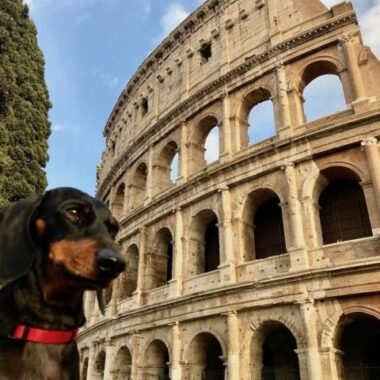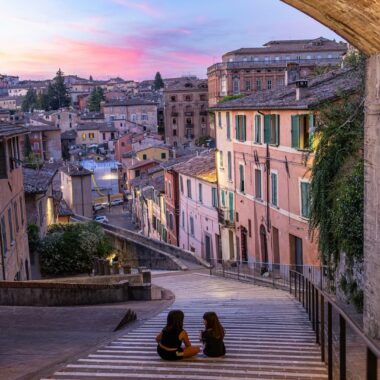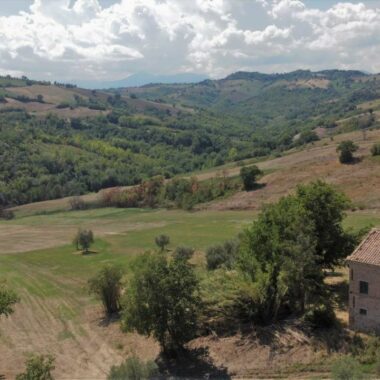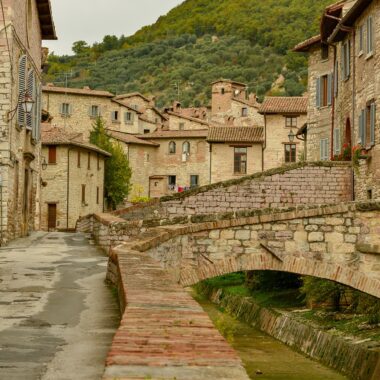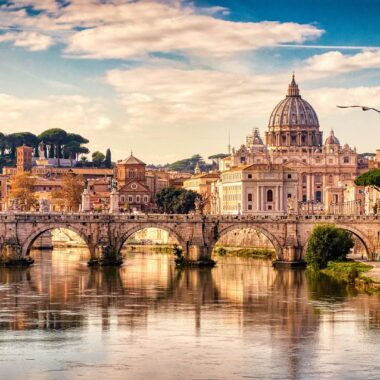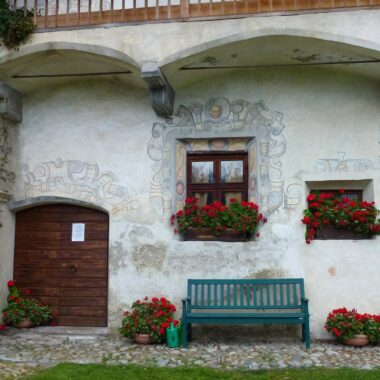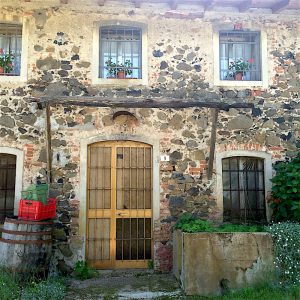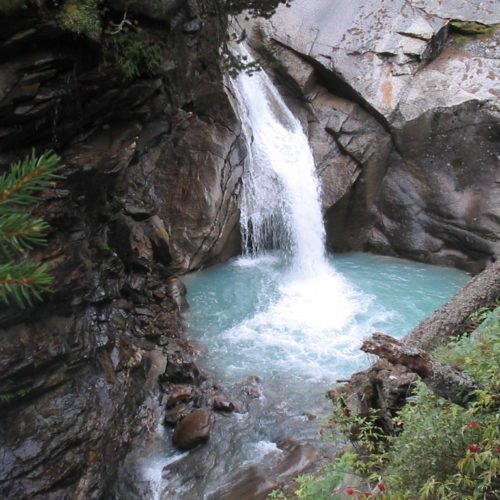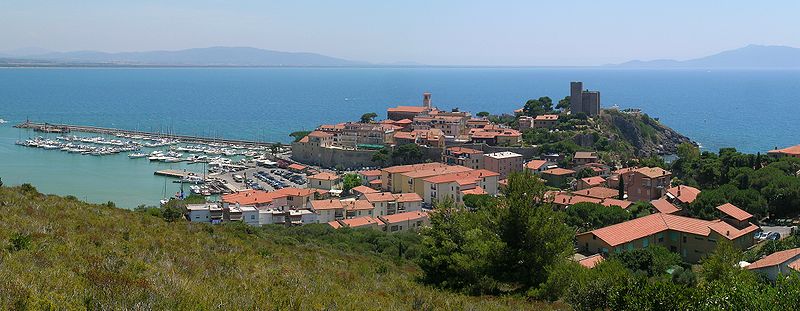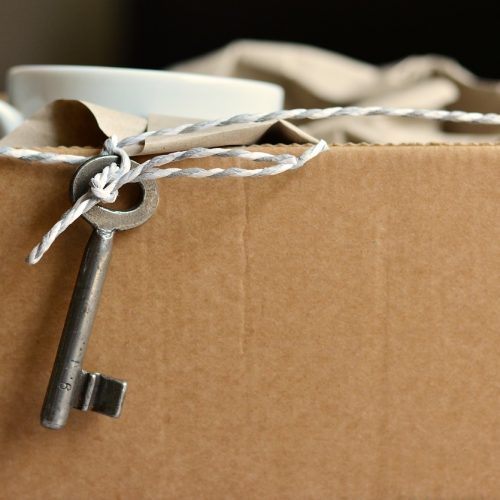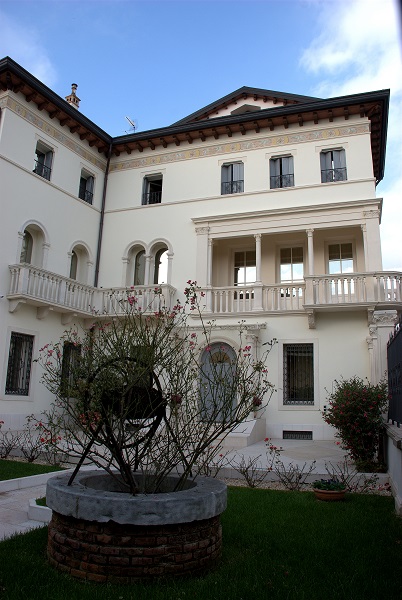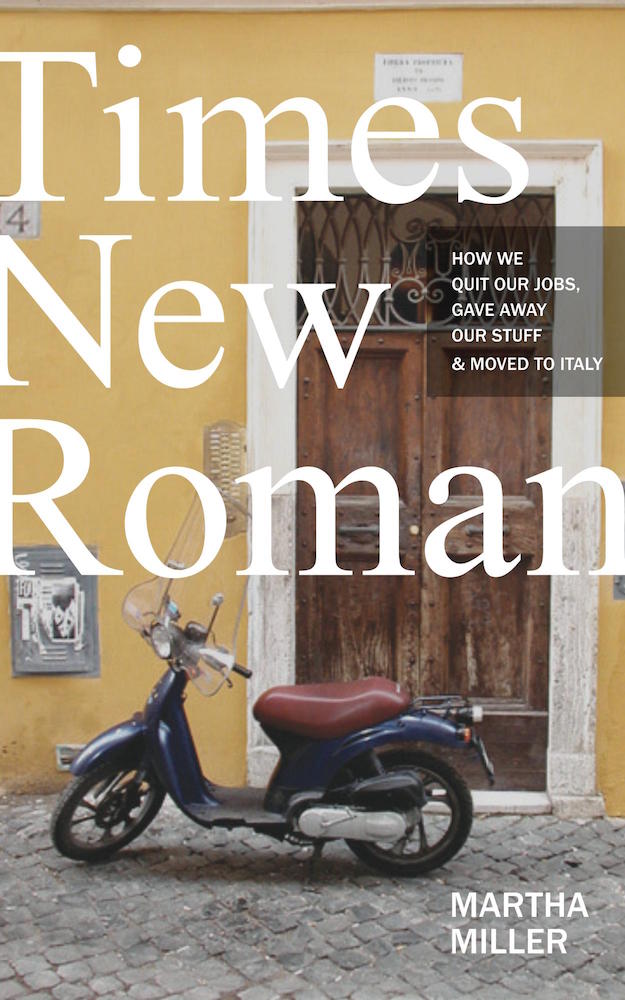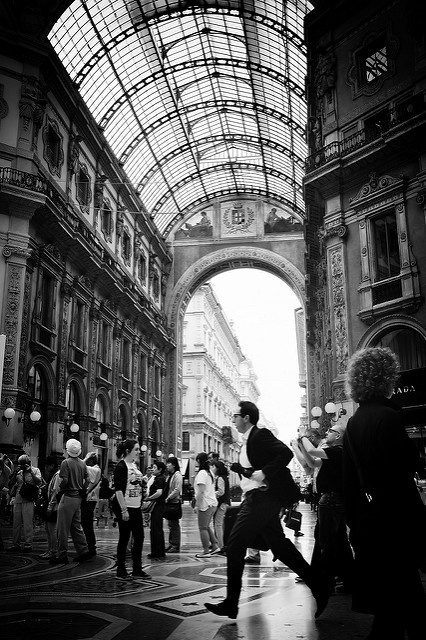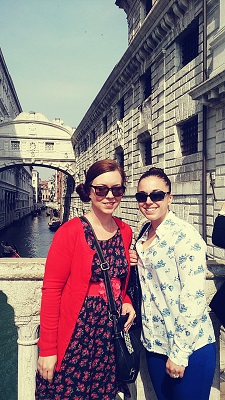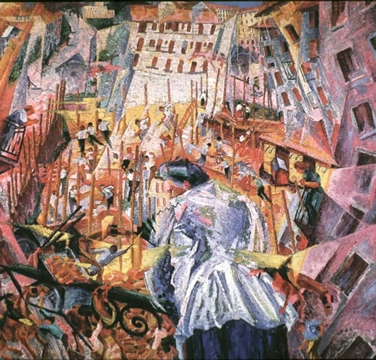Have you ever thought about renting property in Italy? If you plan an extended stay, whether for a vacation or to buy property, it may be a smart decision to seek out a rental. There is no shortage of rental properties in both Italian cities and smaller towns, at virtually every price range. In this section, you will find information about how to find an ideal rental property, both long and short term, for your stay in Italy.
Apartment or House Rentals in Rome

Rome is one of the most requested locations when it comes to renting property in Italy, as well as buying it. When you first arrive, it is a good idea to spend a bit of time in a apartment with a short term rental agreement or in a hotel or “pensione” (a more modest type of accommodation, although some can be very nice and friendly) so that you get your bearing, and become acquainted with the various neighborhoods or parts of the city, as well as with the public transportation system.
Once you have found your way around, if you are looking for rental accommodation, you can either rent a room in an apartment or, if you want more independence, you can opt for your own place. As anywhere in Europe, Italy is not cheap, so this second option may be a bit pricey, depending on the budget.
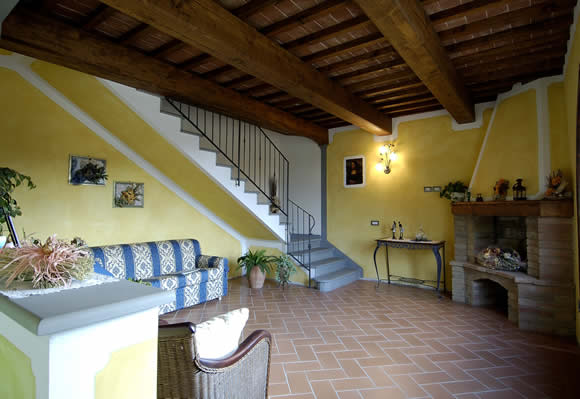
Obviously, the costs of apartment rentals are inversely proportional to the distance from the city centre, and there is also a big difference between large and small towns. As a general indication of the apartment rental situation in Rome, a small place of about 500 sq feet in a nice area can run at an average of 1000 Euros /month, which is just around 1100 USD
If you are looking for websites, immobiliare.it offers a search for long term rentals. Remember in Italian rental is called “affitto” – So here we have an example of search:
Long term Rentals in Rome, Italy
Long Term rentals in Rome Historical Center
Long Term rentals in Florence historical Center
Portaportese.it is another website with rentals ( mainly in the Rome area). Subito.it is a classified website where long term rentals are often proposed, just like in this Kijiiji.it another Classified website.
As you can see, there are several choices, but your pick depends on many factors: your budget, how long you are planning to stay, whether you are coming alone or with your family, whether you would rather stay in the historical centre of Rome or would be equally happy in smaller, country towns around the capital, where rental prices are considerably cheaper.
The following is some general information about renting an apartment or house in Italy, and particularly in Rome.
Renting property in Italy: foreigners are welcome!

Because of national legislation, it is easier to end a lease with a foreigner than with an Italian and, for this reason, Italians prefer to rent their apartments or houses to foreigners.
This does not mean that the lease will be terminated without notice, or that there will be endless threats to up the rent. Rather, it represents a safeguard for your landlord that, should he have need of the house for personal reasons and no longer wish to rent it, or should he wish to regain possession because the person renting the house has either not paid the rent or caused unusual damage to the house or apartment, he will get relatively speedy relief in court.
So the first plus about being a foreigner looking for a house or apartment to rent in Rome, or for that matter, in most places in Italy, is that Italians are more likely to rent to you than to their compatriots.
Renting property in Italy: your real expenses
The fact that, as a foreigner, you are favorably regarded, can help to some extent in negotiating the cost of renting the house or apartment you put your eyes on. Landlords are doubly interested, if they perceive you are likely to continue to rent the house or apartment for 2 or 3 years.
The overall costs of apartment rental should budget for include not only the apartment per se, but also regular condominium charges. If you are renting an apartment in very attractive premises with doorman, gardens, and so on, it is a good idea to find out how much condominium costs are because they can sometimes be quite high.
Naturally, if there are exceptional maintenance costs or building repairs, these are to be paid for by the landlord. Heating and electricity costs can be quite expensive by comparison with US standards, so if you have a tight budget and want to know what you are getting yourself into, try to find out how much these expenses have been over the past year.
Furnished or unfurnished?
If you rent an unfurnished apartment in Italy, or at least in Rome, unfurnished may be an understatement. Usually even the kitchen is bare, with only a sink — if you are lucky — and all of necessary pipes and wires hanging out of the wall, ready to be connected or wired to whatever appliance you decide to install.
Therefore, a partially furnished apartment may be a more practical solution if you are not planning to stay indefinitely, as this often includes basic kitchen appliances, but not much else.
Rome’s rental market for foreigners
Rome has a very large foreign community, reflecting the presence of all of the Embassies as well as several international organizations, including the Food and Agriculture Organization of the United Nations, with its 3000 employees and under normal circumstances, many consultants.
Therefore, there is a large rental market that caters to the expat community and that has a regular turnover, as international civil servants or country representatives return to their home countries or are transferred to other locations.
Aside from websites that provide information on apartment rentals in Rome, there are also English-language magazines that cater to the foreign community. The rentals cover not only unfurnished, but also (fully) furnished properties. In addition, there are many “residences” which offer fully furnished accommodation with cleaning services.
